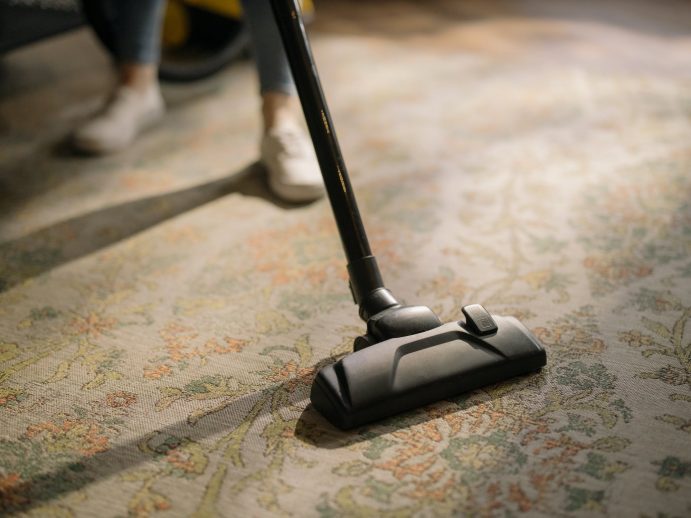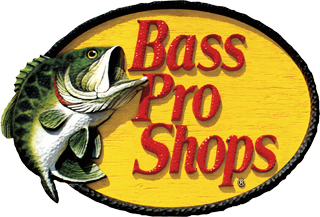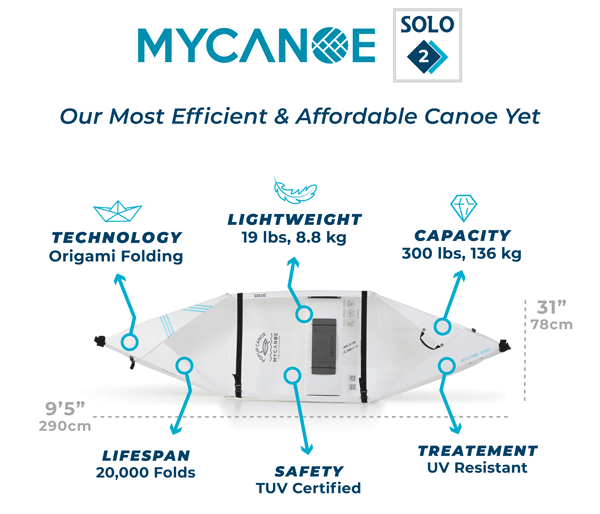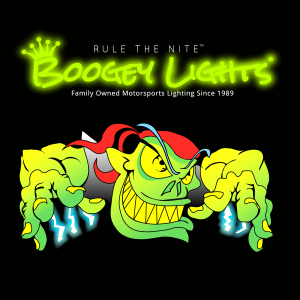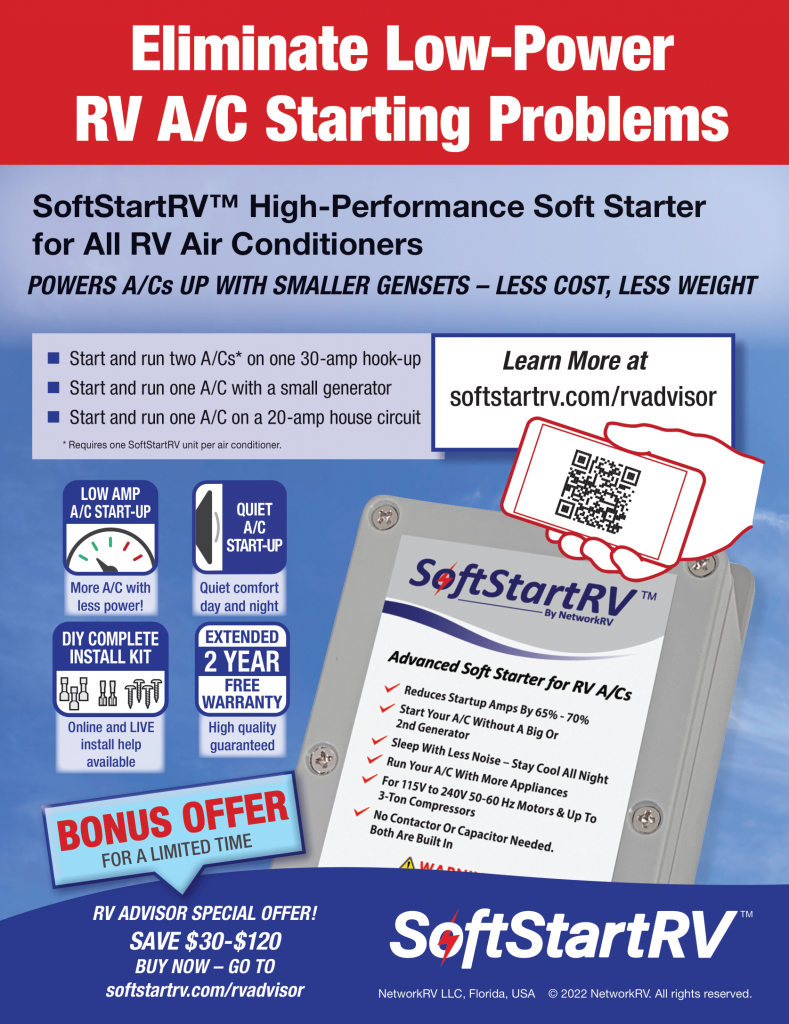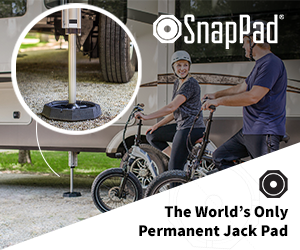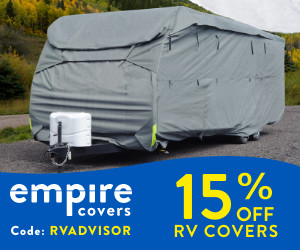Purchasing a vacuum for your RV may not seem like the most pressing matter, with all that you need to consider before hitting the road. But any experienced RVer can attest to the fact that a solid vacuum is an absolute necessity for keeping your vehicle clean.
This guide will help you pick the best vacuum to keep your RV clean year-round.
Consider Your RV Size, Layout, and Flooring
First and foremost, the vacuum you get should depend on your personal needs. What type of RV do you have? What is the floor plan? Do you have more carpeting or a hard floor? Do you have a dog? How much storage space can you spare? And do you need to clean lots of tight spaces?
Vacuums have different strengths and weaknesses. According to one vacuum cleaner website in the UK, it’s common for vacuums to excel at cleaning carpeted floor, but struggle with tighter spaces or edge cleaning. Other models are brilliant for pet hair and hard floors, but lack the power to dig into carpet fibers. The right option depends on your RV’s setup.
It’s also important to consider the tools and accessories you might need. In general, a crevice tool and motorized turbo brush are essential for cleaning an RV. A hose can also be useful, as these make it easier to clean in awkward locations.
Size of the Vacuum
Compared to most homes, an RV is a compact living space. Every square inch counts, and how you use your space can affect your comfort level while traveling.
For this reason, it’s important to consider both how easily the vacuum can maneuver and where you’ll store it.
Most full-size vacuums are too big for the majority of RVs. Cordless or handheld models are usually smaller, although this comes at the expense of dust capacity. Some larger vacuums have a folding design, which is great for fitting them in a compact cupboard space.
The width of the floorhead is another essential consideration. Wide floorheads are inconvenient in an RV, as they are difficult to steer around tight spaces. Look for a model with a flexible floorhead joint that’s easy to maneuver.
You should also consider the weight of the vacuum. Lightweight cordless models tend to only weigh 2kg-3kg, but large cylinder models can weigh more than 10kg. A heavy vacuum is less convenient and will reduce your RV’s fuel efficiency.
Power Source and Suction Strength
You should consider both the power source and suction power of the vacuum when buying a vac for an RV.
Cordless vacuums can be a good option, as they can be used without a power outlet which may not always be available when you’re on the road. The downside is that many only have 30-50 minutes of power, and this is greatly reduced if you use the maximum power modes.
Vacuums with cords are often more robust with greater suction power. Also, you don’t have to worry about battery life. The downside is that these models are bulkier, heavier, and need a power socket.
Along with suction power, you should also check whether the vacuum has a motorized brush bar. A powered bar is much more effective for removing pet hair and dirt from carpets.
Handheld or Full-Size
A handheld vacuum is more portable, less space-consuming, and suitable for hard-to-reach spaces. They are usually the best choice for RVs – particularly those without much storage space. However, they are not great if there is a lot of ground to cover and may struggle with stubborn dirt.
Generally, full-size vacuums deliver more suction power and have a greater collection capacity. Of course, they take up more storage space and are clunky, moving around a small area.
The right choice depends on how much dirt you need to clean and how long you’ll be on the road. For short journeys or to save space, a handheld is often the perfect choice, but you may want a more powerful vacuum for longer trips.
Tip: Many cordless vacuums can be used in both stick and handheld modes, making them an excellent middle-ground for RVs (as long as you don’t mind the limited run-time.)
Filtration Efficiency
The filter is often overlooked when purchasing a vacuum, but it’s an important consideration – especially when you’re using the vacuum in a small RV cabin.
A high-quality filter will remove dust, pet dander, and other allergens from the air before it’s released back into the cabin. This will help keep your RV smelling fresh and reduce the chance of allergic reactions. On the other hand, a poor-quality filter will pump large amounts of small particles back into your RV.
A HEPA filter is the gold-standard for consumer vacuum cleaners. These filters remove the vast majority of particles down a size of just 0.3 microns, making them an excellent choice for RVs.
Bagless vacuums, on the other hand, are less effective at preventing dust leaking – particularly when emptying the canister.
Summary
Your RV is your home, if only temporarily. Small spaces get messy quickly, and your comfort is on the line. A reliable vacuum that meets your specific needs will have a noticeable impact on the quality of your life on the road.
With dozens of vacuums to choose from, using the above criteria will make your decision an easy one and land you the ideal vacuum for your RV travels.

